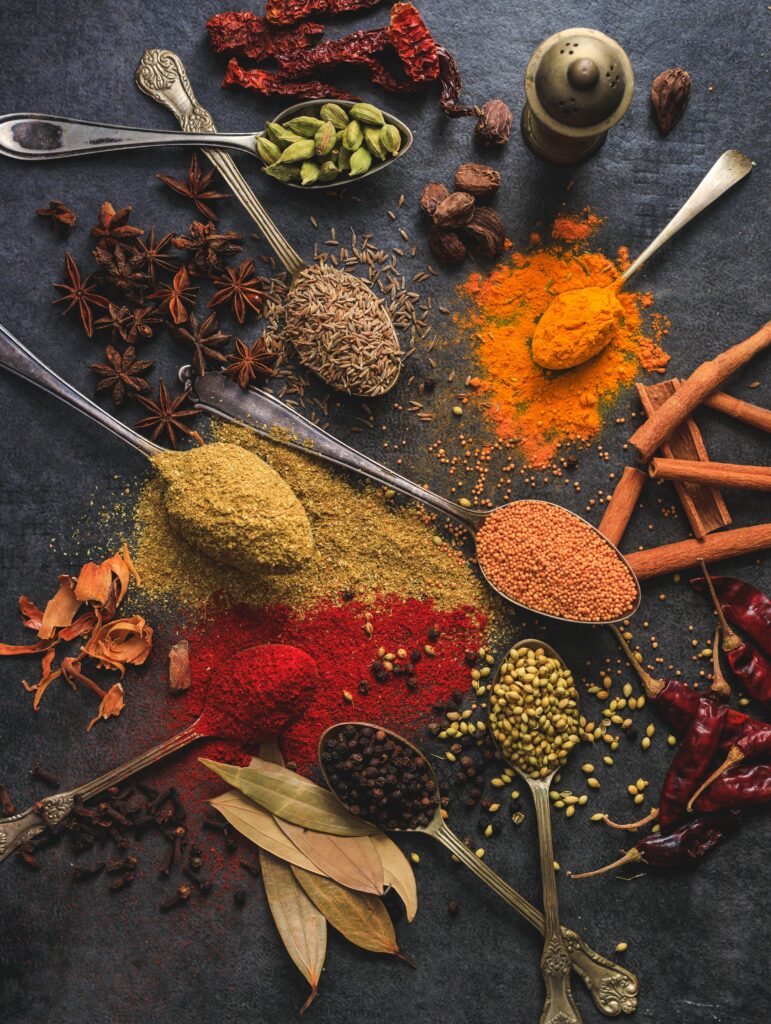A Comprehensive Guide to Meat Seasoning: Expert Tips to Enhance Every Cut
Whether you’re preparing a weeknight dinner in Las Vegas, hosting a backyard BBQ, or experimenting in the kitchen, one thing holds true: the way you season your meat can make or break the dish. Mastering meat seasoning is an essential skill for any home cook or grill enthusiast looking to create mouthwatering meals that leave a lasting impression.
From selecting the right spices and herbs to knowing when and how to apply them, this guide will walk you through everything you need to know about how to season meat properly—plus a few professional tricks to level up your flavor game.
Why Meat Seasoning Matters
At its core, seasoning meat is all about enhancing its natural flavor. While high-quality meat can stand on its own, seasoning adds depth, complexity, and that crave-worthy finish that keeps guests coming back for more.
The right blend of salt, herbs, spices, and fats brings out the best in beef, pork, poultry, and more. Whether you’re roasting, grilling, smoking, or pan-searing, the right seasoning elevates the entire dish.
Start with the Essentials: Salt & Pepper
When it comes to seasoning meat, it all starts with the basics. Salt is not just for taste—it’s a critical ingredient that helps meat retain moisture, tenderizes muscle fibers, and enhances overall flavor.
-
Kosher salt is ideal for seasoning because of its texture and consistency.
-
Freshly ground black pepper adds heat and a fragrant note that complements almost any cut.
For best results, season meat generously and evenly, allowing the salt to penetrate for 15–60 minutes before cooking. This is especially important for larger cuts like steaks, pork chops, or roasts.
Explore Flavor Profiles with Herbs and Spices
Once you’ve mastered salt and pepper, it’s time to get creative. The world of spices and herbs opens up endless possibilities, allowing you to tailor your flavors to specific meats or cuisines.
Popular Spices for Meat:
-
Garlic powder: Pungent, savory, and versatile
-
Paprika (sweet or smoked): Adds color and smoky depth
-
Cumin: Earthy and slightly nutty—perfect for beef or lamb
-
Chili powder: Great for heat and complexity
Go-To Herbs:
-
Rosemary & thyme: Ideal for pork, chicken, and lamb
-
Oregano & basil: Perfect for Mediterranean-style marinades
-
Parsley & dill: Best for poultry and fish
Pro Tip: Toasting whole spices before grinding releases their oils and intensifies flavor.
Mix and Match: Custom Combinations by Meat Type
There’s no universal formula for seasoning—different meats respond better to specific combinations. Here are a few starting points:
For Beef:
-
Garlic, rosemary, black pepper, smoked paprika
-
Great for steaks, brisket, or chuck roast
For Pork:
-
Brown sugar, mustard powder, thyme, chili flakes
-
Works beautifully for pork chops, ribs, or pulled pork
For Chicken:
-
Lemon zest, oregano, garlic powder, cumin
-
Enhances grilled chicken, drumsticks, or whole roast birds
For Lamb:
-
Mint, coriander, rosemary, allspice
-
Pairs well with chops, leg of lamb, or kebabs
Don’t be afraid to experiment. Keeping a seasoning journal or recipe tracker helps you discover your personal favorites.
Marinate for Maximum Flavor and Tenderness
Marinating meat goes a step beyond seasoning. By combining spices, acid (like vinegar or citrus), oil, and herbs, marinades infuse meat with flavor while helping tenderize tougher cuts.
Basic Marinade Formula:
-
Oil: Olive oil or avocado oil
-
Acid: Lemon juice, vinegar, or wine
-
Aromatics: Garlic, onions, shallots
-
Herbs & Spices: Your custom mix
Let meat marinate in the refrigerator:
-
Chicken: 1–6 hours
-
Pork: 2–8 hours
-
Beef: 4–24 hours
-
Fish: 15–30 minutes (shorter due to delicate texture)
Be sure to discard any marinade that has come into contact with raw meat unless you plan to boil it for use as a sauce.
Use Dry Rubs for Deep, Crusty Flavor
If you’re firing up the grill or smoker, dry rubs are a go-to choice. These are seasoning blends that are rubbed directly onto the surface of the meat—no liquid involved.
Benefits of Dry Rubs:
-
Form a flavorful crust
-
Lock in juices
-
Allow spices to caramelize
How to Apply a Dry Rub:
-
Pat the meat dry with paper towels.
-
Apply a light coat of oil (optional).
-
Rub the seasoning mix generously over all sides.
-
Let it rest for 30–60 minutes before cooking.
For best results, try our house BBQ rub featuring paprika, brown sugar, garlic powder, onion powder, salt, pepper, and cayenne.
Bonus Tips for Perfectly Seasoned Meats
-
Season in layers: Season before, during, and after cooking (e.g., finishing salt or herb butter).
-
Balance boldness: Don’t let one spice overpower the others—aim for harmony.
-
Taste your rub: Before applying, taste your spice mix to ensure it’s well-balanced.
-
Rest your meat: After cooking, let meat rest for a few minutes to allow juices to redistribute—and seasoning to settle in.
Stock Your Spice Rack Like a Pro
Here’s a short list of essentials for any home cook serious about meat seasoning:
| Must-Have Spices | Must-Have Herbs |
|---|---|
| Kosher Salt | Dried Oregano |
| Cracked Black Pepper | Thyme |
| Garlic Powder | Rosemary |
| Smoked Paprika | Parsley |
| Onion Powder | Dill (for fish/poultry) |
| Chili Powder | Sage (for pork) |
Want to level up even more? Visit our John Mull’s Meat Market for custom rubs, seasoning blends, and expert advice on seasoning your next cut.
Final Thoughts: Seasoning = Flavor + Confidence
Seasoning your meats isn’t just about flavor—it’s about confidence in the kitchen. The more you experiment with herbs, spices, rubs, and marinades, the more skilled you’ll become at transforming everyday cuts into unforgettable meals.
So grab your apron, stock your spice rack, and start cooking. Whether you’re grilling ribs, searing steak, or roasting a whole chicken, the right seasoning is your secret weapon.
Want more BBQ tips?
Check out our Guide to Grilling the Perfect Steak or visit our Catering Page for flavor inspiration at your next event.

